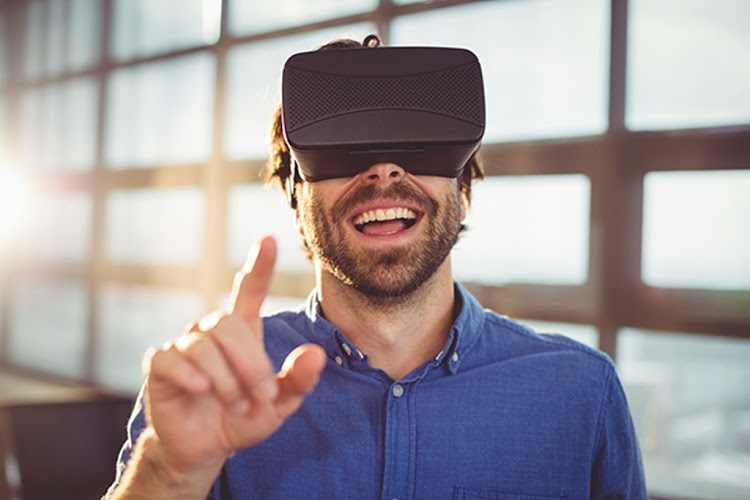Individuals who had lived with a fear of heights for quite a long time turned out to be less anxious after virtual reality (VR) treatment that saw them riding a flying whale, scientists said on July 12th. A specific group that included clinicians and IT specialists put affirmed acrophobes through their paces in a progression of life-like VR simulation, after which all revealed “decreasing in fear”, they reported. VR-based medications, the group clinched, “can possibly incredibly increment treatment arrangement for psychological wellness issue.”

Guided by a “coach”, they were encouraged to face their fears, the new strategy could offer a minimal effort method for giving consideration to individuals who can’t bear the cost of or get to an up close and personnel specialist. The VR coach utilizes the recorded voice of a performing artist. Fear of heights, the most widely recognized fear, influences one out of five individuals sooner or later of their lives, as per scientists who distributed their discoveries in The Lancet Psychiatry restorative diary Most never get treatment. For the most recent examination, the group enlisted 100 volunteers. Half were given VR treatment and the other half not, to take into consideration correlation. This was the primary VR fear treatment not to require the nearness of a genuine specialist, said the group.
“We designed the treatment to be as imaginative, entertaining and easy to navigate as possible,” clarified study leader Daniel Freeman of the University of Oxford’s psychiatry department. Wearing goggles and material gloves while standing securely on the firm ground, patients moved around a 3-D world focused in the enormous chamber of a modernized, ten-story place of business.
On average, the participants had lived with a fear of heights for 30 years. They were tested before the treatment to see if they met the criteria for a genuine fear of heights or acrophobia. Height experiences started with stress-free challenges, such as a safety obstacle slowly dropping no more than five floors up. As participants became more comfortable with these, they were permitted to be more courageous.
The pre-recorded, 30-minute program sessions ran consequently, with the virtual mentor clarifying what the members must do Tasks included having to cross a rickety bridge, rescue a cat from a tree, perform tasks near the edge of a balcony, and ride a flying whale. The result after a few sessions surpassed the analysts’ desires.
Professor Daniel Freeman, from Oxford University’s Department of Psychiatry, said: “The results are extraordinarily good. We were confident the treatment would prove effective, but the outcomes exceeded our expectations. Over three-quarters of the participants receiving the VR treatments showed at least a halving of their fear of heights. Our study demonstrates that virtual reality can be an extremely powerful means to deliver psychological therapy. We know that the most effective treatments are active: patients go into the situations they find difficult and practice more helpful ways of thinking and behaving. This is often impractical in face-to-face therapy, but easily done in VR.” And the results are reported in the latest edition of The Lancet Psychiatry journal.




